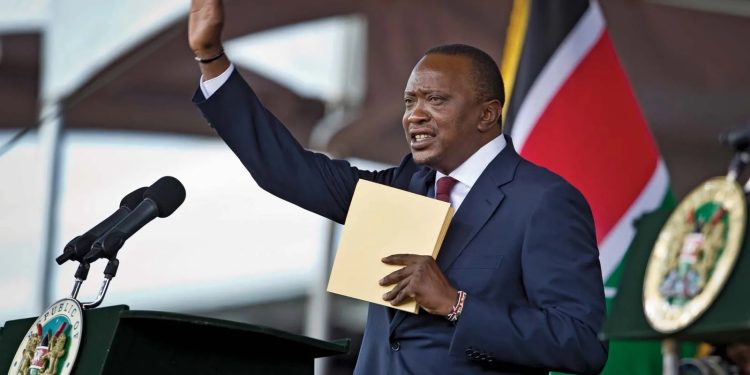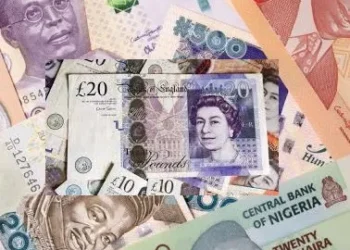In a speech delivered at the Djibouti parliament on Tuesday, Kenyan President William Ruto emphasized the importance of shifting away from the use of the US dollar for trade transactions between African countries.
President Ruto questioned the necessity of relying on the US dollar for trade between Djibouti and Kenya, stating, “From Djibouti selling to Kenya or traders from Kenya selling to Djibouti, we have to look for US dollars. How is US dollars part of the trade between Djibouti and Kenya? Why?”
President Ruto highlighted the existence of the pan-African payment and settlement system (PAPSS), established by the African Export-Import Bank (Afreximbank), which enables traders within the continent to engage in trade using their respective local currencies. He clarified that the intention is not to oppose the US dollar but rather to facilitate smoother trade within Africa.
The Kenyan President proposed that purchases made from the United States can still be settled in US dollars, while transactions with Djibouti and other African nations can be conducted using local currencies. He emphasized the importance of embracing the Pan African Payment and Settlement System, developed by the Afreximbank, as a means to streamline intra-African trade.
President Ruto asked, “Why is it necessary for us to buy things from Djibouti and pay in dollars? There is no reason.” He urged African nations to prioritize trade in local currencies and take advantage of the infrastructure and mechanisms already in place to facilitate this shift.
The call to move away from the US dollar for intra-African trade reflects a growing sentiment among African leaders who recognize the benefits of fostering regional economic integration and reducing dependency on external currencies. By embracing local currencies for trade within the continent, African nations can enhance economic cooperation, promote financial stability, and ultimately strengthen Africa’s position in the global economy.
As discussions around this topic gain traction, it remains to be seen how African countries will respond to President Ruto’s call and what measures will be taken to encourage the use of local currencies in intra-African trade.










